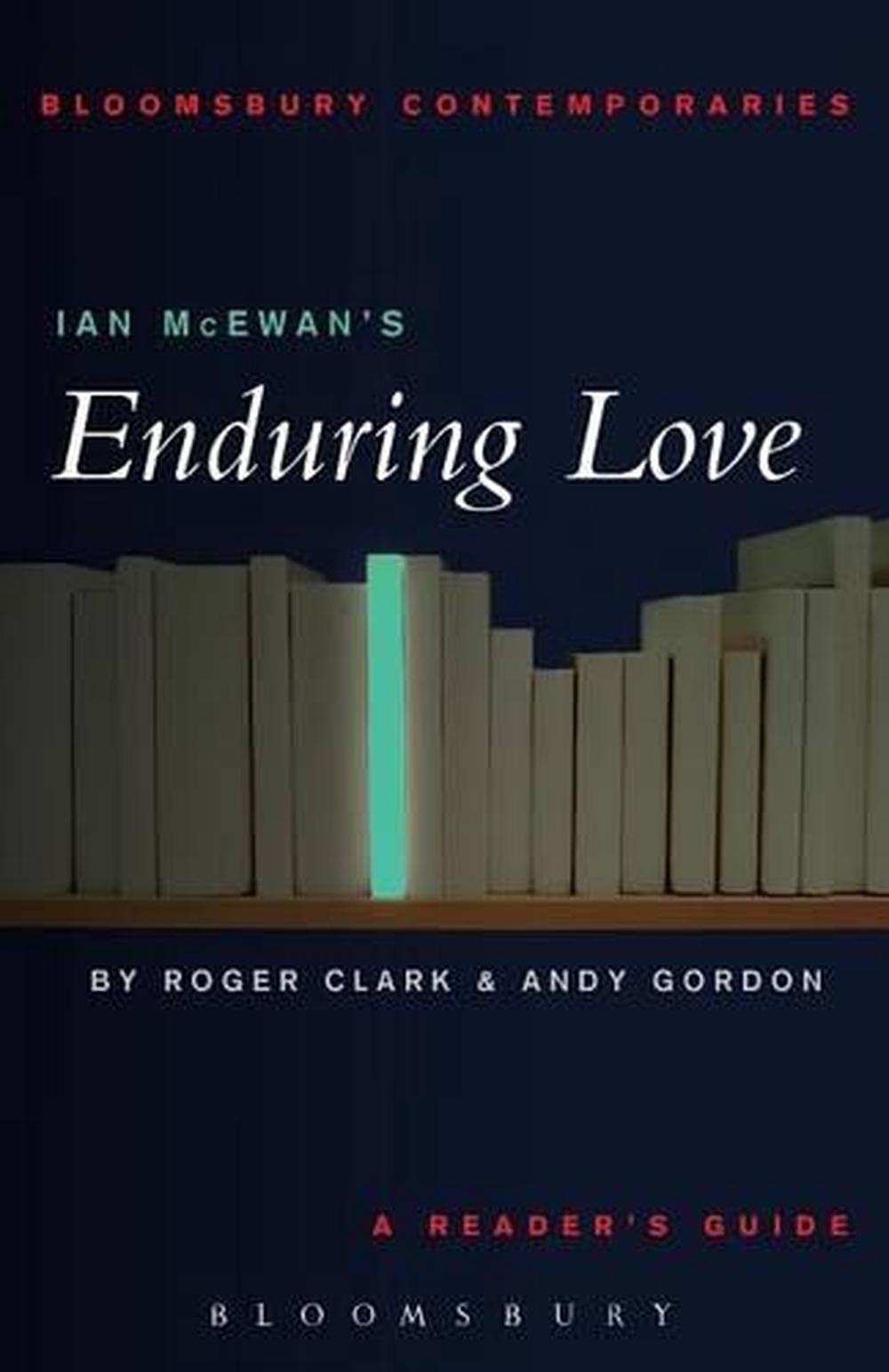

Joe and his partner, Clarissa Mellon went out for a picnic at the Chilterns, where many have converged to enjoy the spring breeze. Joe’s story commenced on a beautiful and cloudless but windy spring day. His unusual encounter was captured by prolific British writer Ian McEwan in his sixth novel, Enduring Love (1997). Unfortunately for 47-year-old Joe Rosen, it was this kind of love that he would unexpectedly encounter. There is also the kind of love that pushes us to the brink. Scott Fitzgerald, widely regarded as one of the greatest writers of the twentieth century: “There are all kinds of love in this world, but never the same love twice.” There are many kinds of love out there we experience it in all its shapes and sizes and each type leaves its imprint on us. There is the kind of love that changes our perspective of the world or totally destroys it. There is the kind of love that rouses the best in us, and sometimes, even the worst in us.

There is the kind of love that transforms us and heals us. And as we move along our lives, it slowly dawns on us how love takes different shapes. In the blink of an eye, at the sleight of the hand, it just happens. We don’t even know when it will strike us but when it does, we cannot find the words or even the superlatives to fully capture how we feel. The novel is best read, therefore, as an example of how a Third Culture might be envisioned as a true melding of the two categories.Love is one of the things that is difficult to define. McEwan represents Joe as a complex character to complicate a falsely simplistic dichotomy of the sciences and the humanities.

Carbonell analyzes the novel demonstrating that Joe's rationality is not quite so rational. In particular, Carbonell reads McEwan's primary character, science-minded thinker Joe Rose, as juxtaposed by two foils that represent the humanities: a Keats's scholar, his wife Clarissa, and a religious fanatic and erotomaniac, Jed Parry. Snow's Two Cultures, which is only one cycle in a longer engagement/conflict between science and the humanities. This article responds to Stephen Greenberg's ideas about how Neo-Darwinian themes in the novel point to social themes by arguing that what underlies both of these is a deeper structure: the tension between C.P. In Ian McEwan's novel we see a perfect example of how literary thinkers are listening to the world of science and speaking to it in return. Carbonell provides a reading of a Third Culture novel that foregrounds the relationship of the sciences and the humanities. In his article "A Consilient Science and the Humanities in McEwan's Enduring Love" Curtis D.


 0 kommentar(er)
0 kommentar(er)
